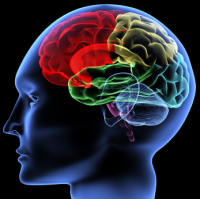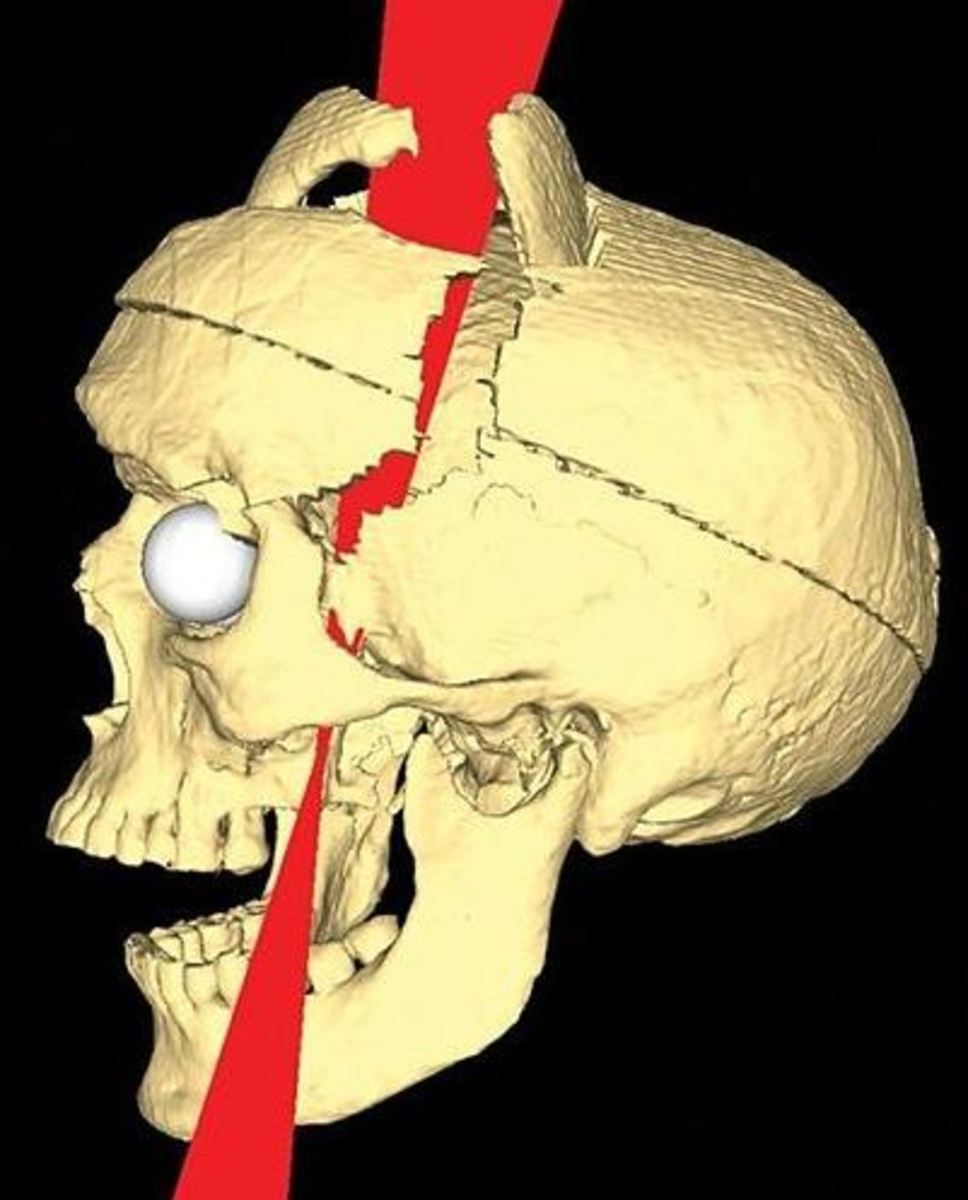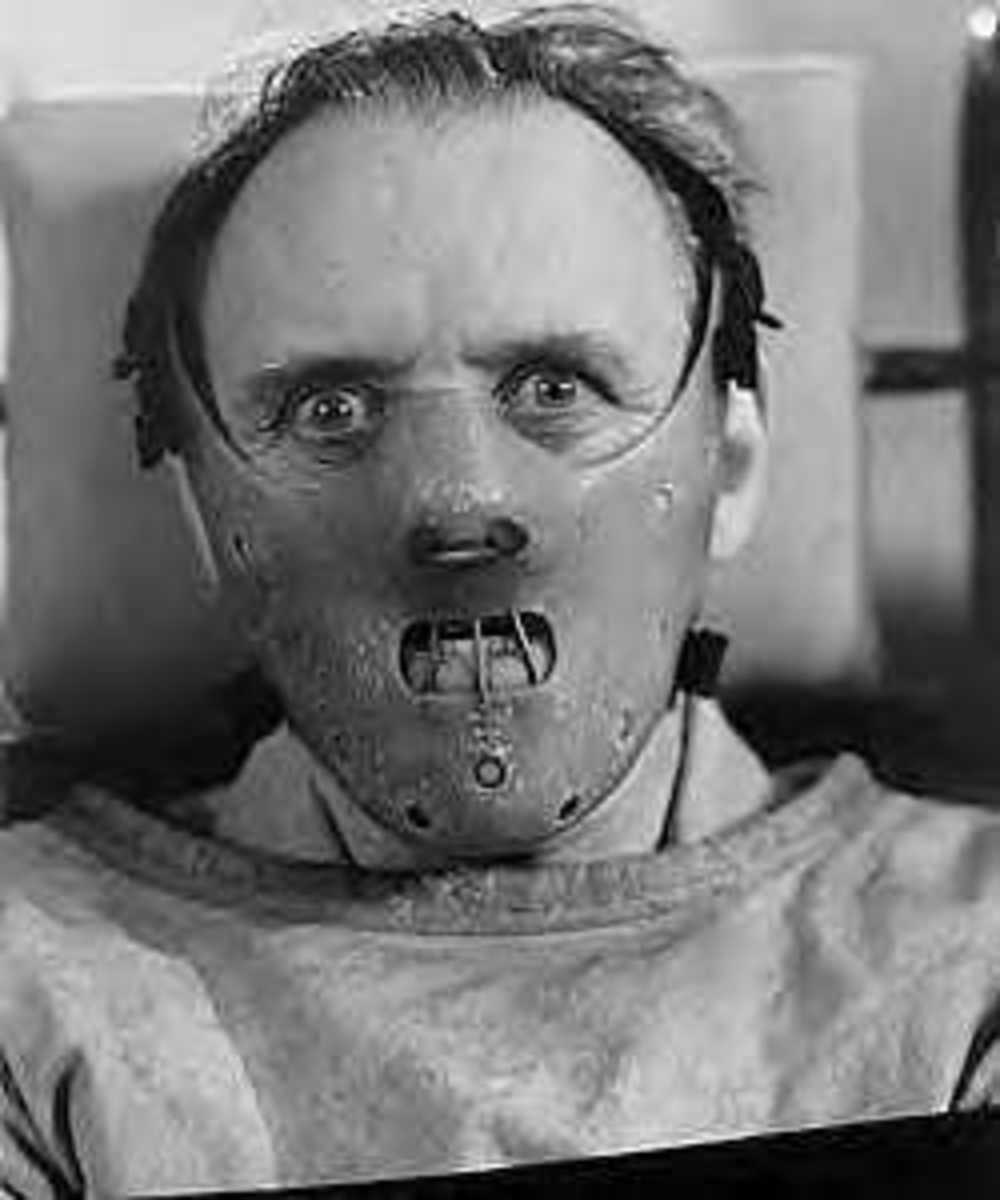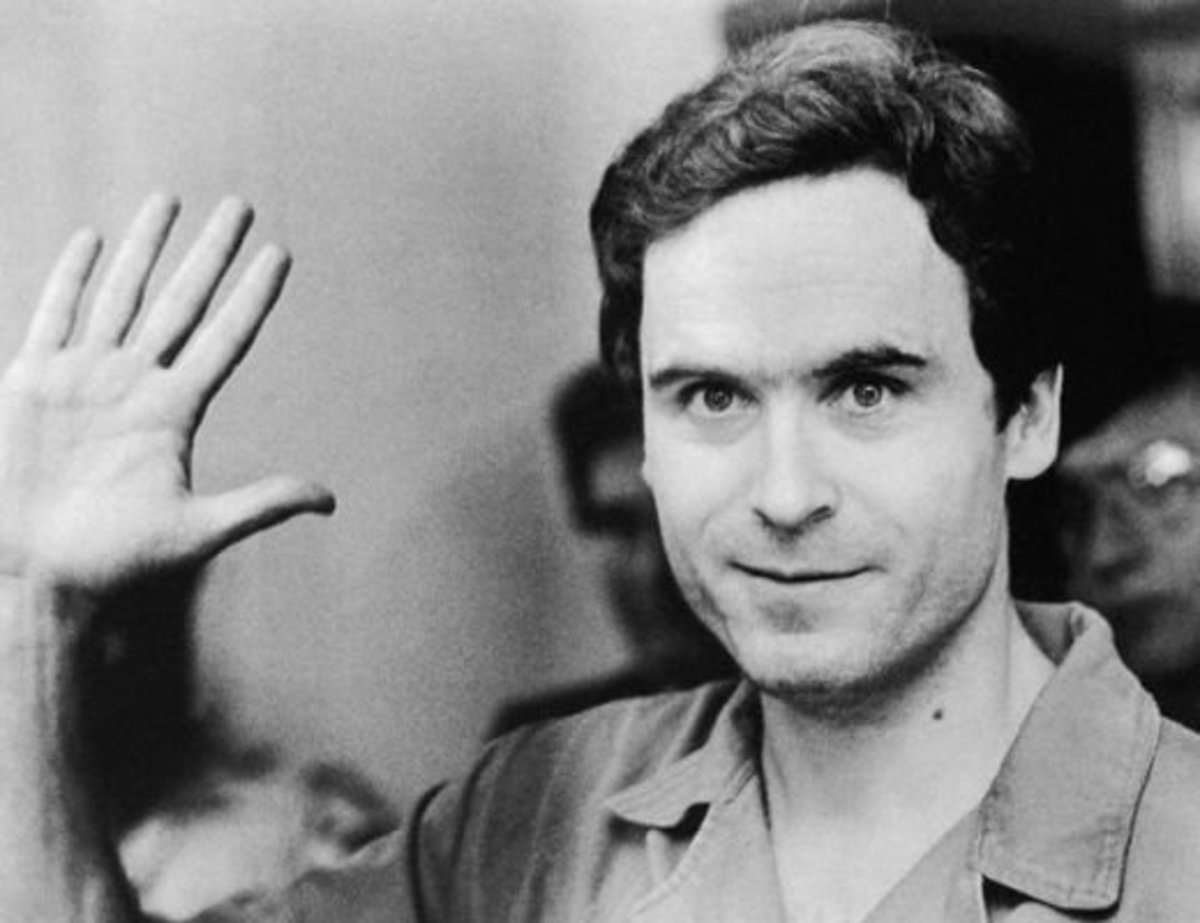Neuropsychology & Crime

by Amber Maccione
Most of the time when people talk about someone participating in a life of crime, we blame the environment that the person came from- they were poor, they didn’t finish school, they came from a single parent household, they lived in a crime invested area, all their friends and family were involved in some type of crime, they were abused as a child, etc. What a lot of people fail to recognize is that there is a part of the brain that needs to develop correctly in order for someone to have a better chance at not becoming a criminal, especially a violent one at that. The frontal lobe is where a person generates emotions, formulates the pros and cons of every action, and stores their “conscious” (ABC News 2010). What happens though when this frontal lobe doesn’t develop correctly or is damaged during life? That is the question so many are now looking into. Are neuropsychological deficits the missing link into understanding why a psychopath becomes a killer?
Neuropsychological Deficits
- Films on Demand - Embed Login
This is a great video about Neuropsychological Deficits that ABC News put together.
Natural Born Killers
“‘For no man is voluntarily bad; but the bad becomes bad by reason of an ill disposition of the body which happens to him against his will’ - Plato” (Redding 2006 p. 5). If we look back over time, there are some respected thinkers that saw criminals as individuals who had a deficit within them that made them do the terrible things they did. Plato was one of the first, followed by Victor Hugo who saw crime as a disease (Redding 2006 p. 5) and Cesare Lombroso who saw those who committed crimes as having a hereditary and biological disposition towards a life of crime (Redding 2006 p. 5). Neuropsychological studies have gone on to show that brain dysfunction may be the missing link to understanding why a person becomes a psychopath – 94% of those committing homicide, 61% of those who are habitually aggressive, 49% - 78% of sex offenders, 76% of juvenile offenders, and many on death row have had a history of head injury to the brain or have neuropsychological deficits within their brains (Redding 2006 p. 7).
The Frontal Lobe
The main area of the brain that scientists are looking at when it comes to criminal behavior (especially with those who kill) is the prefrontal cortex (frontal lobe) – the part of the brain that handles the executive functioning: being able to sustain attention (concentration), abstract reasoning (concept and goal formation), anticipate (plan), self-monitor behavior, control impulses, know right from wrong and process the consequences, etc. (DeLisi 2013 p. 206). When looking at a normal person’s frontal lobe, there is a lot of activity and the brain scan of this area is usually a bright yellow (ABC News 2010). When looking at a psychopath’s (murder’s) frontal lobe, it has very low activity in this area and the brain scan is very dark (ABC News 2010). Doctors Amen, Raine, and Bailes have all come to conclusions after studying athletes who have had major brain injury to this part of their head as well as the brains of serial killers that there could be a neuropsychological explanation behind why some choose to kill and others do not (ABC News 2010).
What is a psychopath?
So what do we know about psychopaths? Dr. Adrian Raine, a neurocriminologist as the University of Pennsylvania, states that psychopaths lack a conscience, lack remorse, and lack guilt hence the reason they are so readily able in adulthood to rain terror on society (ABC News 2010). Psychopaths know right from wrong, but they lack the feeling of right from wrong. Therefore even though they may understand that what they are doing is wrong, they do not know how to correct or change their negative behavior (ABC News 2010). As a couple serial killers in the video stated, killing was their high, their drug of choice. Once they started doing it, they had to keep doing it in order to try to get that same high from when they first murdered someone (ABC News 2010).
Treatment
If a brain dysfunction is the reason behind psychopathic behavior, can science cure an individual? The answer of course is no. Once the brain is damaged, it is damaged. But science is looking into how to treat it. Dr. Daniel Amen, the medical director as Amen Clinics, Inc., believes there is a treatment available through diet. He believes a diet rich in omega-3’s can lower an individual’s impulsive aggressive behavior (ABC News 2010). In a study done on aggressive juvenile offenders, these juveniles were given a diet rich in omega-3’s. Within a four month period of time, the juvenile detention center saw a 35% decrease in violent behavior (ABC News 2010).The other answer to treating a person with neuropsychological deficits is through early detection (ABC News 2010).
I have a Neuropsychological Deficit, but I'm not a Psychopath
Although neuropsychological science could explain why some people become psychopaths, it is not the end all end all. For example, not everyone who has a neuropsychological deficit becomes a cold blooded killer. James Fallon, a professor and guest “actor” on the hit show Criminal Minds, found out that not only does he have the DNA to be a cold blooded killer, he also has low activity in his frontal lobe indicating that he has neuropsychological deficits (ABC News 2010). The question though is why hadn’t he killed? He is a lovable, friendly guy whom his friends and family love dearly. He has never had any desire to kill or even been prone to aggressive behavior (ABC News 2010). Does this mean that his and other scientists that theorize that neuropsychological deficits are the missing link to why people kill on mass scales? Fallon says no. He attributes the reason for his normality the stable environment he was brought up in. He came from a loving and nurturing family that was stable. His environment is what he believes saved him (ABC News 2010).
The 3 Ingredients of a Psychopath
So based on the years of study and theorizing, a psychopath becomes a psychopath because of deficits in three areas: biology (genetics, DNA, history in the family), neuropsychological deficits (damage to the frontal lobe or born with frontal lobe deficits), and environmental factors (abuse, poverty, maternal involvement, poor nutrition, family dysfunction) (ABC News 2010 & DeLisi 2013 p. 207-208). With early detection of neuropsychological deficits and school programs that counsel or better the environmental needs of children, maybe there will be less psychopaths that are created.
References
ABC News (Producer). (2010). The brain and violence: Secrets of your mind [Series episode]. In Secrets of Your Mind: Why We Do What We Do. Retrieved from the Films On Demand database.
DeLisi, M. (2013). Criminal psychology. San Diego, CA: Bridgepoint Education, Inc.
Redding, R. E. (2006). The Brain-Disordered Defendant: Neuroscience and Legal Insanity in the Twenty-First Century. Retrieved from http://www.wcl.american.edu/journal/lawrev/56/redding.pdf
Copyright © 2013 http://ambercita04.hubpages.com/ All Rights Reserved








